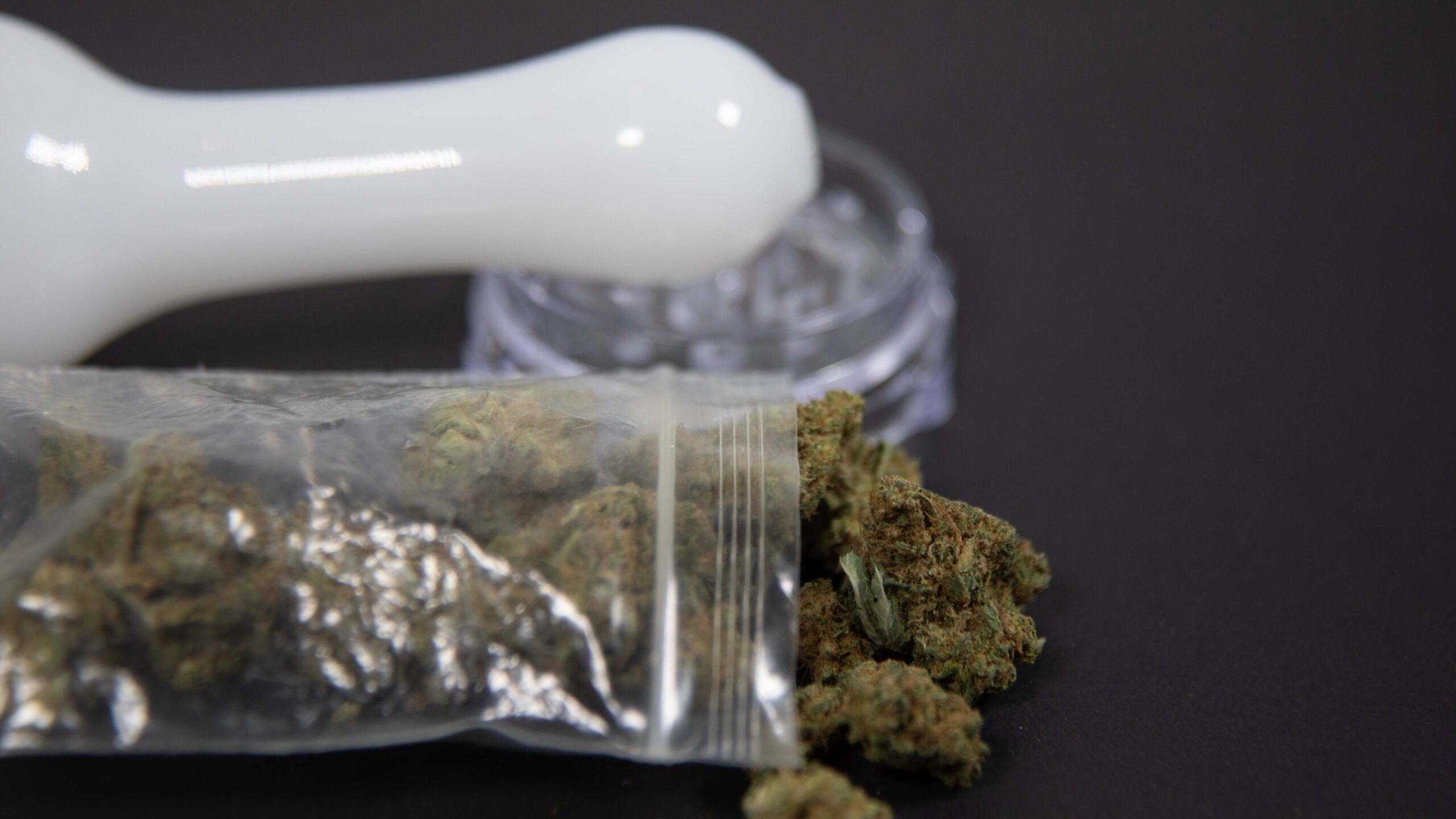Despite growing legalization and mainstream acceptance, cannabis continues to carry a cloud of misinformation. From outdated stereotypes to misunderstood science, many cannabis myths still shape public perception. For longtime advocates, consumers, and educators, dispelling these myths is essential for progress and informed decision-making. Here’s a breakdown of the top five cannabis myths and the truth behind them.
1. Myth: Cannabis is a Gateway Drug
One of the most persistent myths is the belief that cannabis use leads to harder drug use. This “gateway drug” theory has been widely debunked. According to the National Institute on Drug Abuse, most people who use cannabis do not go on to use other illicit substances. Instead, factors like environment, trauma, and socioeconomic status play a larger role in determining drug use patterns. Blaming cannabis simplifies a complex issue and distracts from real causes of addiction.
2. Myth: Cannabis Has No Medical Value
Despite decades of patient testimonies and a growing body of research, some still argue cannabis has no legitimate medical use. This belief contradicts science and policy. The National Academies of Sciences, Engineering, and Medicine concluded in a landmark 2017 report that cannabis is effective in treating chronic pain, chemotherapy-induced nausea, and muscle spasms related to multiple sclerosis. Today, 38 U.S. states have legalized medical cannabis, acknowledging its therapeutic benefits.
3. Myth: Cannabis Users Are Lazy and Unmotivated
The “stoner” stereotype paints cannabis users as couch-locked and apathetic. In reality, cannabis consumers span every walk of life—from professional athletes to CEOs to military veterans. A 2021 study in the Harm Reduction Journal found no link between cannabis use and lower motivation. In fact, many users report using cannabis to enhance creativity, focus, or physical performance. The lazy stoner image simply doesn’t reflect the diversity of real-life consumers.
4. Myth: Cannabis Is Physically Addictive Like Heroin or Alcohol
While cannabis can be habit-forming for some, it’s far less addictive than alcohol, nicotine, or opioids. The CDC estimates that about 1 in 10 cannabis users may develop cannabis use disorder, compared to 1 in 3 for alcohol. Physical withdrawal symptoms are usually mild—irritability, insomnia, or decreased appetite—and typically resolve within a few days. Education on responsible use is key, not fearmongering.
5. Myth: All Cannabis Gets You High
With the rise of CBD (cannabidiol) products, this myth is being challenged daily. Not all cannabis is psychoactive. CBD and other non-intoxicating cannabinoids offer potential health benefits without the “high.” From skin care to anxiety relief, hemp-derived cannabinoids have expanded how people view cannabis beyond recreation. It’s time to recognize cannabis as a plant with a spectrum of uses, not just a single effect.
Dispelling cannabis myths is more than setting the record straight—it’s about normalizing a plant that’s been unfairly demonized for decades. As more consumers, doctors, and lawmakers explore cannabis, it’s critical to base our beliefs on facts, not fear.

